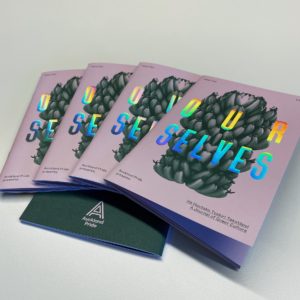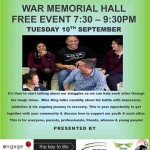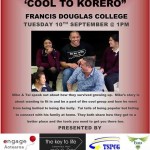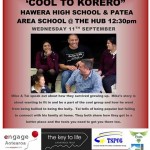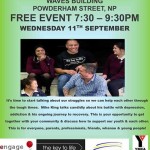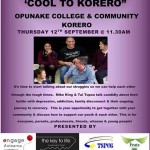I breathed a massive sigh of relief last month when the government revealed plans to bring forward the ban on conversion ‘therapy’ in New Zealand and announced a timeline to have legislation in place before the middle of next year.
I want to take a moment just to send a huge congratulations and an even bigger thank you to all the LGBTQI+ advocates, activists and allies who have worked in so many ways, big and small, to get this safeguard underway. The Green Party’s Rainbow Spokesperson, Elizabeth Kerekere, quite rightly describes conversion ‘therapy’ as “torture for our rainbow community”.
If you would like some insider knowledge on what it is like to receive conversion ‘therapy’ and what it can actually look like in practice in New Zealand, check out Sherry Zhang’s article in the Spinoff and Trinity Thompson Brown’s first person account about surviving conversion therapy over at Re:News.
To be clear, conversion ‘therapy’ is not really a therapy at all. A therapy should be therapeutic, meaning it should have a net benefit effect on the person participating in it. Torture is never therapy. A therapy should resolve problems not invent them. Finding problems where there are none is not therapy. Discrimination, shaming, rejection, and ostracism are never therapy. These are forms of social control and coercion.
Zhang sums up what conversion ‘therapy’ really is for us when she writes, “Conversion therapy is a pseudoscientific technique that attempts to change or suppress someone’s sexual orientation or gender identity through shaming, emotional manipulation and/or physical trauma. The practice is primarily used within religious communities and has been linked to severe mental health issues, including depression and suicidal ideation.” Altogether now: this. is. not. what. therapy. looks. like. Full stop.
Here’s looking forward to 2022 when people subjected to this traumatising experience will have recourse in the law.

